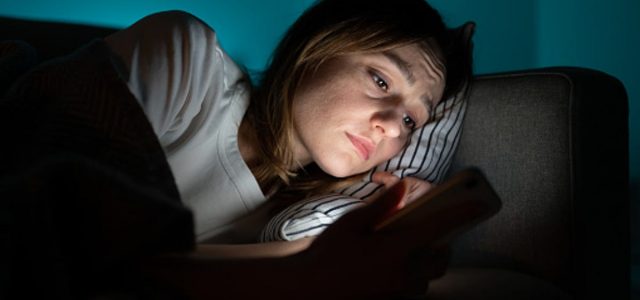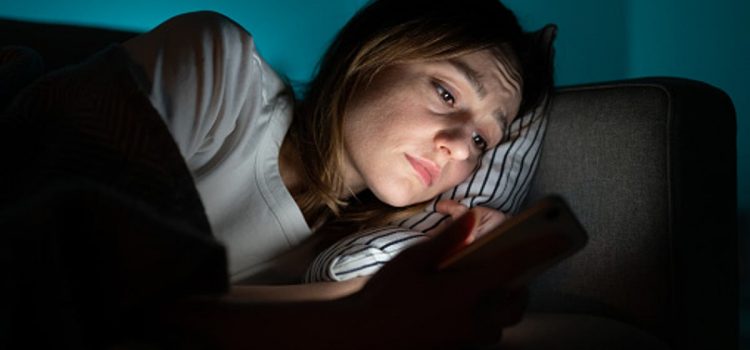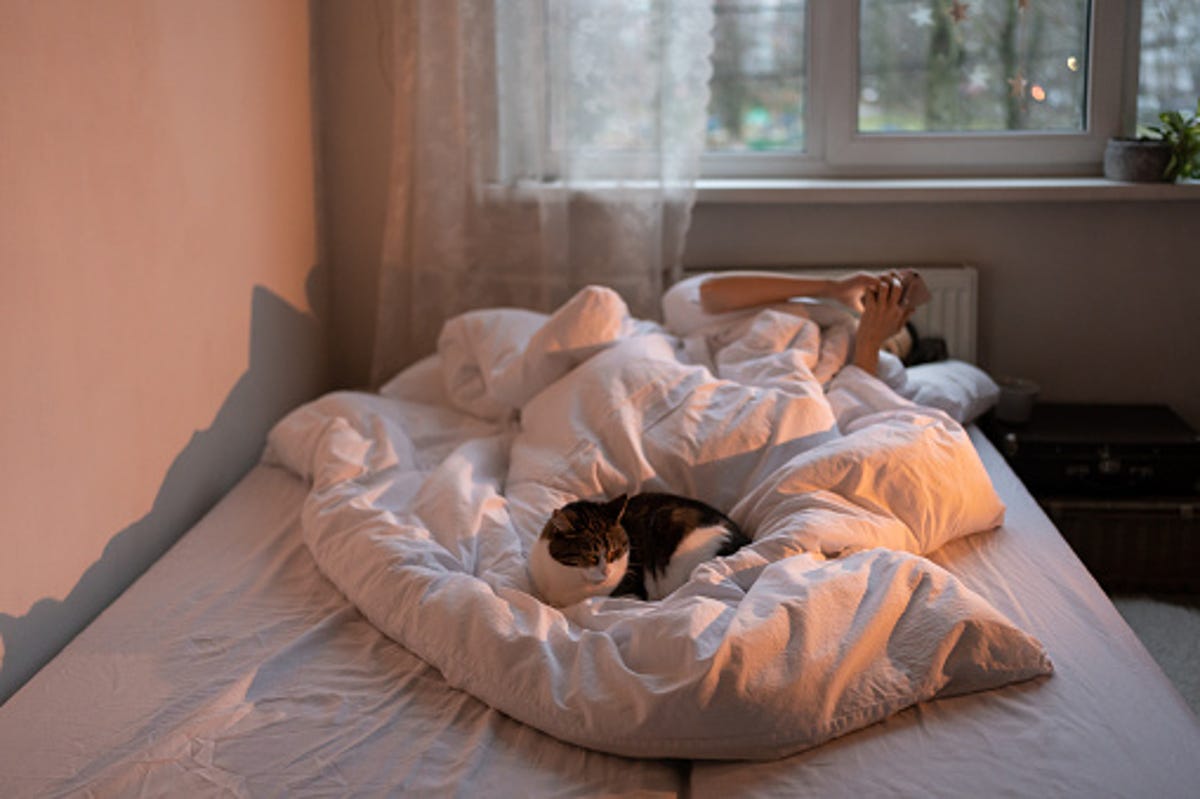


Separation anxiety, or the fear of being away from loved ones, happens to many people, but it’s not often discussed. For many, it’s most prevalent when it’s time to sleep. It can be difficult to sleep when you’re alone for many reasons — like you’re anxious about being solo or can’t fall asleep without your partner nearby.
Don’t worry: You’re not doomed to poor sleep when you’re apart. Sleeping soundly while alone is entirely possible, it may just take a few tricks to subdue your separation anxiety.
For more ways to get better sleep, check out which foods you should eat to get the best sleep and how to build the ultimate music playlist for sleep.
5 sleeping tips to try when your partner is away
Try a body pillow
Like Lily and Marshpillow in How I Met Your Mother, investing in a body pillow to use when your partner is away can help you sleep better. While it’s not a true replacement, it can help you from feeling alone in bed. They come in all shapes and sizes — from the original extra-long pillow to the curved pregnancy pillow and stuffed animals. You can check out our selections for the best body pillows to find your ideal match.

You can also add a heating pad to re-create the warm sensation of snuggling.
Add a weighted blanket to your bed
You can opt for a weighted blanket if you’re a cuddler but don’t want to buy a body pillow. Using a weighted blanket essentially feels like one big hug, which is what some people crave when their partner is away. It works by using deep-pressure stimulation to reduce cortisol and increase dopamine and serotonin in the brain. Essentially, it reduces stress and relaxes you. Check out our best weighted blanket list to find your best fit.
Read more: 4 Tips for Choosing the Best Weighted Blanket for You
Drink a cup of tea
When you’re sleeping with separation anxiety, you may feel too worked up to fall asleep in the first place. When that happens, it’s important to focus on relaxation. Drinking caffeine-free tea before bed is a great way to prepare for bed: Teas like magnolia, valerian root and chamomile have been shown to reduce stress, anxiety and insomnia. For the best results, it’s recommended to brew your tea and drink it at least an hour or two before bed. Make sure you also take a trip to the bathroom, so you don’t wake up in the middle of the night.
Add a sound machine
We get used to the sounds our partner makes while sleeping. And when it’s not there, it can be difficult to fall asleep. You can add a white noise or sound machine to your bedroom to replace their snoring or the sound of their breathing.
Not only does it help you feel less alone and make the normal groans of a house less scary at night, it actually will help you fall asleep quicker and stay asleep longer. A small study found that sound machines may also improve your sleep quality.
Read more: The Best White Noise Machine for Better Sleep

Dmitry Marchenko/EyeEm/Getty Images
Let your pet sleep in the bed with you
Some suggest that co-sleeping with your pet will negatively affect your sleep with frequent disruptions. While that may hold some weight, there are also numerous reasons sleeping with your pet can be good for you, especially if you’re experiencing separation anxiety. Cuddling your pet releases oxytocin, the chemical in the brain that reduces stress and boosts feelings of happiness. When your partner is away, it may be worth letting your four-legged friend sleep with you in the bed so you don’t feel alone.
For more on sleep, find out why you’re tired when you wake up.
The information contained in this article is for educational and informational purposes only and is not intended as health or medical advice. Always consult a physician or other qualified health provider regarding any questions you may have about a medical condition or health objectives.
